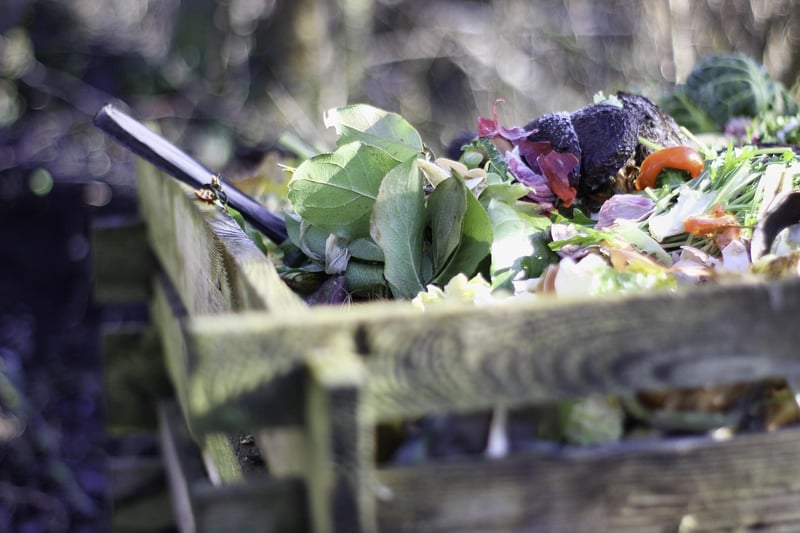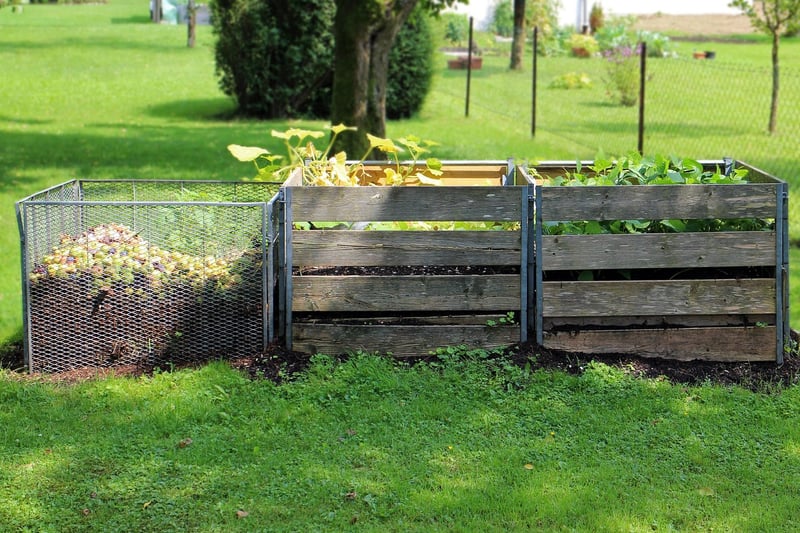Composting Techniques
Expert Gardening Advice: Composting Techniques
Welcome to our guide on composting techniques! Composting is an essential practice for any gardener looking to improve soil quality, reduce waste, and nurture their plants naturally. In this article, we will explore expert advice on composting to help you achieve a thriving garden.
The Benefits of Composting
Composting offers numerous benefits for both your garden and the environment. It enriches the soil with essential nutrients, improves soil structure, retains moisture, and reduces the need for chemical fertilizers. Additionally, composting helps divert organic waste from landfills, reducing greenhouse gas emissions.
Key Composting Techniques
1. Choose the Right Location
Find a suitable spot in your garden for your compost pile or bin. Ideally, it should be a level area with good drainage and access to sunlight. Avoid placing it too close to your house to prevent any potential odors.
2. Use the Right Mix of Materials
For successful composting, you need a good mix of green (nitrogen-rich) and brown (carbon-rich) materials. Green materials include fruit and vegetable scraps, grass clippings, and coffee grounds. Brown materials consist of dry leaves, straw, and shredded paper.
3. Layer and Moisturize
Alternate layers of green and brown materials in your compost pile to ensure proper aeration and decomposition. Remember to keep the pile moist but not soggy, akin to a wrung-out sponge.
4. Turn the Pile Regularly
Turning the compost pile every few weeks helps aerate the materials and speed up decomposition. This process also prevents any foul smells and promotes even decomposition.
5. Patience is Key
Composting is a natural process that takes time. Depending on the materials used and environmental conditions, it can take several weeks to several months for the compost to be ready. Be patient and trust the process.
Recommended Composting Tools
- Compost Bin - A dedicated bin helps contain the compost pile, maintain cleanliness, and regulate temperature.
- Garden Fork - Essential for turning and aerating the compost pile regularly.
- Compost Thermometer - Monitors the internal temperature of the compost for optimal decomposition.
Conclusion
By following these expert composting techniques and tips, you can create nutrient-rich compost to enhance your garden's health and sustainability. Embrace composting as a rewarding practice that benefits both your plants and the planet!


